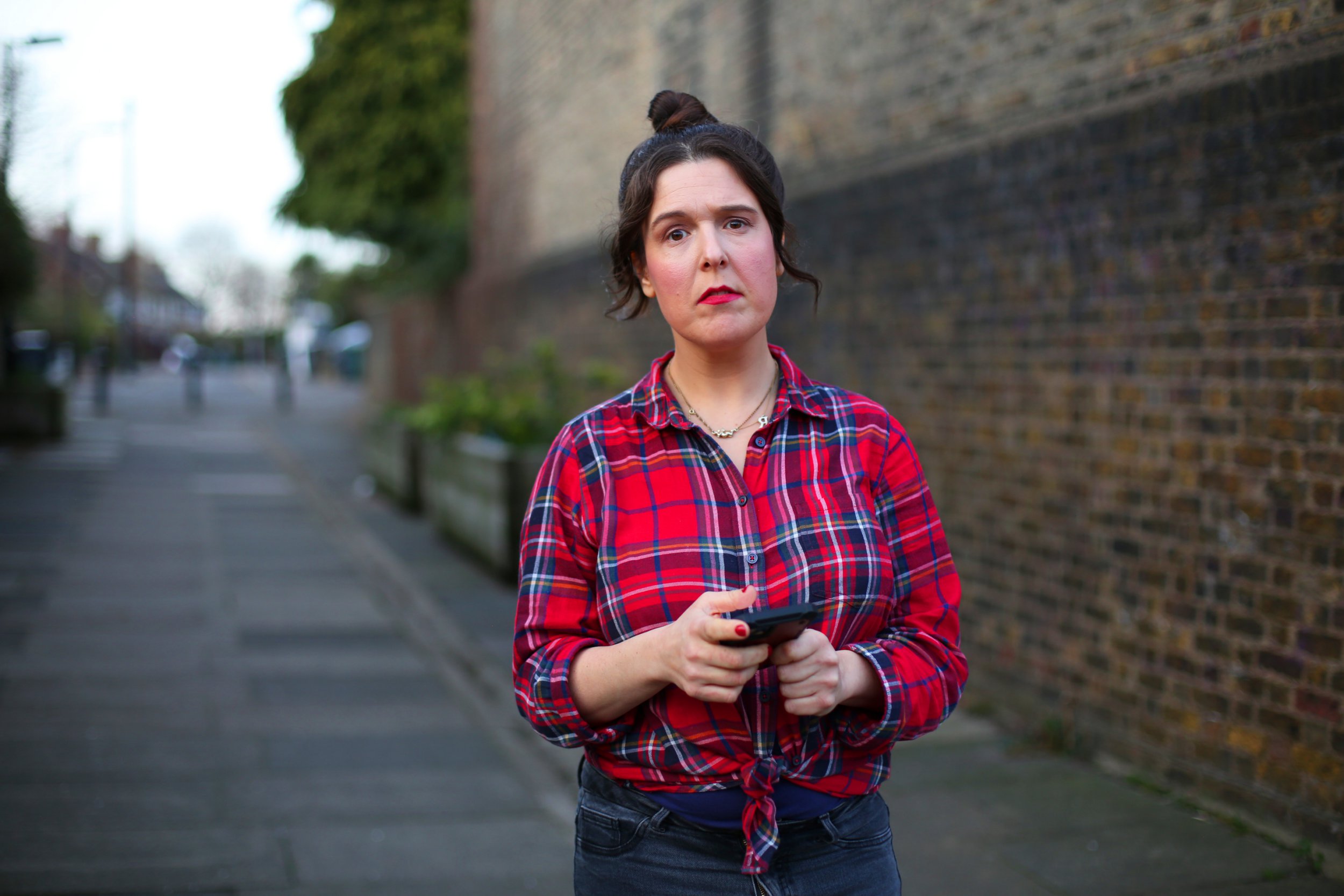
Rosie Jones’ documentary received backlash for the title’s inclusion of an ableist slur but the public has been moved by the content.
shares the comedian’s experiences with ableism and much of the online trolling she has faced for simply existing as a person with a .
The 33-year-old has cerebral palsy and has been subjected to numerous hateful messages, focusing her documentary on online trolling.
While many celebrities face abusive messages, Rosie’s abuse often targets her disability with slurs and ableist attacks.
When the documentary was announced, many in the title but Rosie stood by the decision.
Now fans have actually been able to judge the documentary for themselves and were left devastated by Rosie’s reality.

At one point in the emotional documentary, Rosie displays the messages she herself has received on a large screen, reading out the abuse.
A particularly horrific hate message sent to her threatened to ‘hunt [her] down pour acid down [her] throat and rape you.’
While not explicitly ableism, plenty of trolls did use slurs and historic stereotypes to attack her.
‘Watching the #RosieJones documentary and I’m so angry,’ said one viewer. ‘I can only assume that like all bullies, these trolls are cowards and for the few seconds they are posting feel a power and control they don’t possess in their life away from social media. Rosie’s amazing ?? #ableism.’
A second added: ‘Oh bless her ?? this is making me so sad but it’s so important to show this sort of thing on tv to raise awareness.
‘Keep being you Rosie, I think you’re brilliant! @josierones #rosiejones #amiar****d.’
Another said: ‘In absolute floods of tears at the vile vile comments people leave for @josierones on her social media. So sad she has to hide what people are saying, nobody should have to do that #amiar****d’

Speaking to before the airing, Rosie shared: ‘I will open up Twitter and see people abuse me everyday, I will walk down the street and have people shout ableist slurs at me, I will order an Uber and the driver will see me and assume I’m drunk and drive away, and these were always daily minute forms of ableism that ended up swallowing how I felt about myself.
‘So it came to a point that I thought I don’t want to be quiet and I don’t want to swallow all of this hate and abuse because I swallow enough disability hate that then becomes self-hate and that will affect my own mental health.’
Rosie’s intention with the documentary was to bring attention to this often overlooked hate crime, however many were worried about the title.
While people were clearly finding the documentary moving, the Twitter hashtag surrounding the show dropped the censoring of the word.
The slur did begin trending as a direct result of the documentary and as shown by Rosie in the show, online ableism is often ignored.
This was one of the concerns of those who disagreed with the title being used, suggesting that it would lead to people being reminded that the slur exists.
Discussing the decision at the start of the documentary, she said: ‘In my opinion, society doesn’t take this word and other ableist forms of language as seriously as any other form of abuse from any other minorities.’




















